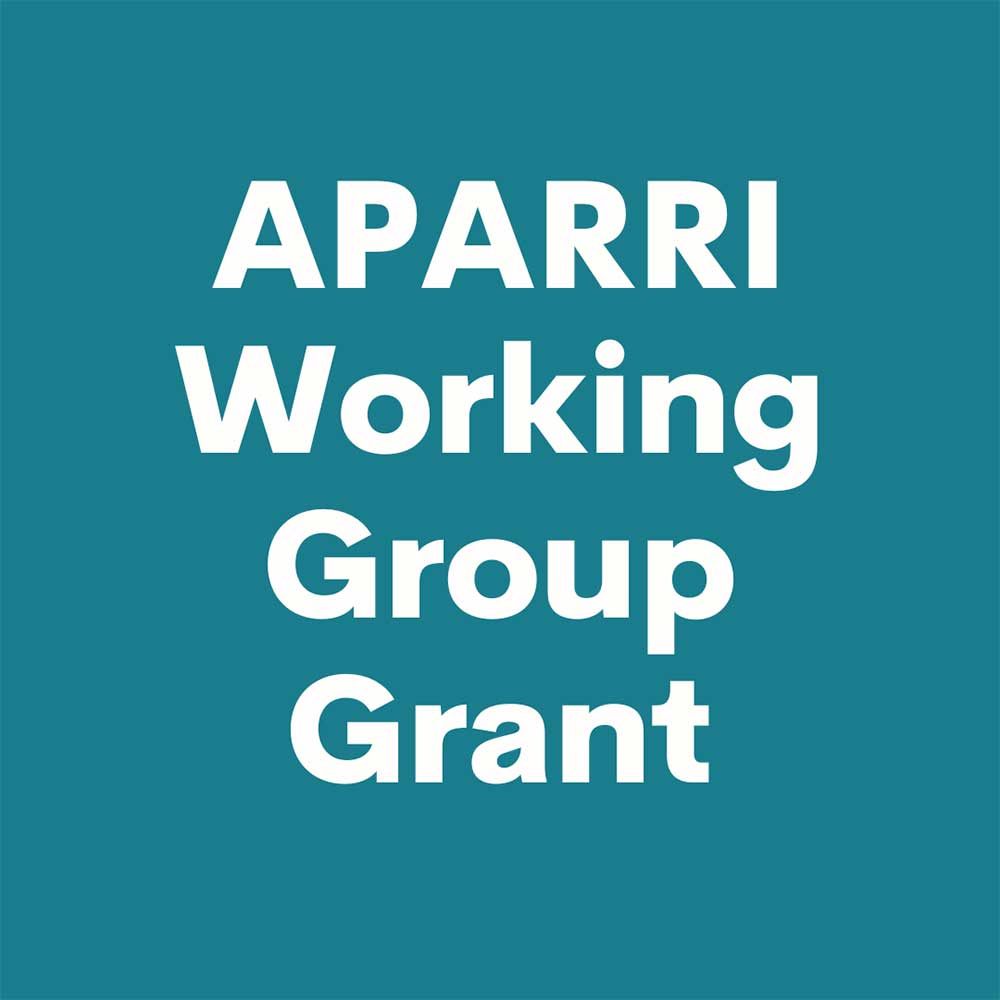
How Religion Shaped Sexual Mores Among Japanese American Women, 1920s-1930s
Chrissy Lau
Assistant Professor, History
California State University, Monterey Bay
This book project focuses on a history of religion and sex/sexuality in Japanese American communities during the 1920s and 1930s. The first chapter will explore how the Young Women’s Christian Associations and the Japanese Christian Student Associations collaborated with the social hygiene movement to shape sexual mores among Japanese American women. Drawing from archival research on digitized Rafu Shimpo at the Hoover Institution Archives, the digitized YWCA of the USA records at Smith College, and the digitized Social Hygiene Association records through the University of Minnesota.
Keywords: Gender, Japanese American, Sexuality

Spiritual Beliefs and Buddhist Practices: Narratives of Survival, Aging, and Community-Building Among Cambodian American Women in Long Beach, California
Sophea Seng
Assistant Professor, Asian American Studies
California State University Long Beach
Out of the turmoil of war, displacement, and resettlement, over the past four decades, Cambodian refugees have rebuilt lives through the vehicle of Buddhism. Drawing upon participant observation and ethnographic life histories with Cambodian survivors, this project explore the key role of women refugees in sustaining the community through Buddhist practices. The central question is: How does religion mediate Cambodian women refugees’ sense of community belonging, as well as their relationship with the “homeland” and wider diaspora? In Cambodia, one of the first institutions the Khmer Rouge destroyed was Buddhism. Out of 65,000, fewer than 100 monks survived the 1975-79 Khmer Rouge genocide in which 1.7 million perished. From the time that Cambodia fell to the Khmer Rouge, those in exile sponsored monks in order to rebuild temples and restore a sense of community. Even though some Cambodians have converted to Christianity, Theravada Buddhist temples remain places where community thrives.

Walking a Fine Line: Being a Hindu American Woman Against the Grain of Hindu Nationalism
Anjana Narayan | Professor and Chair, Sociology | California State Polytechnic University Pomona
Bandana Purkayastha | Professor, Sociology & Asian and Asian American Studies | University of Connecticut
Rianka Roy | Graduate Student, Sociology | University of Connecticut
This project seeks to document the voices silenced by strident authoritarian mainstream and community groups within the US. We will use a decolonial approach for documenting living Hinduism as racialized minority women or non-binary people, people from marginalized caste, and those in interfaith and intercaste intimate partnerships. We will interview selected people and prepare podcasts and public-facing writing with the collaborators/co-participants.
Keywords: Caste, Decolonialism, Gender, Hinduism, Interfaith
